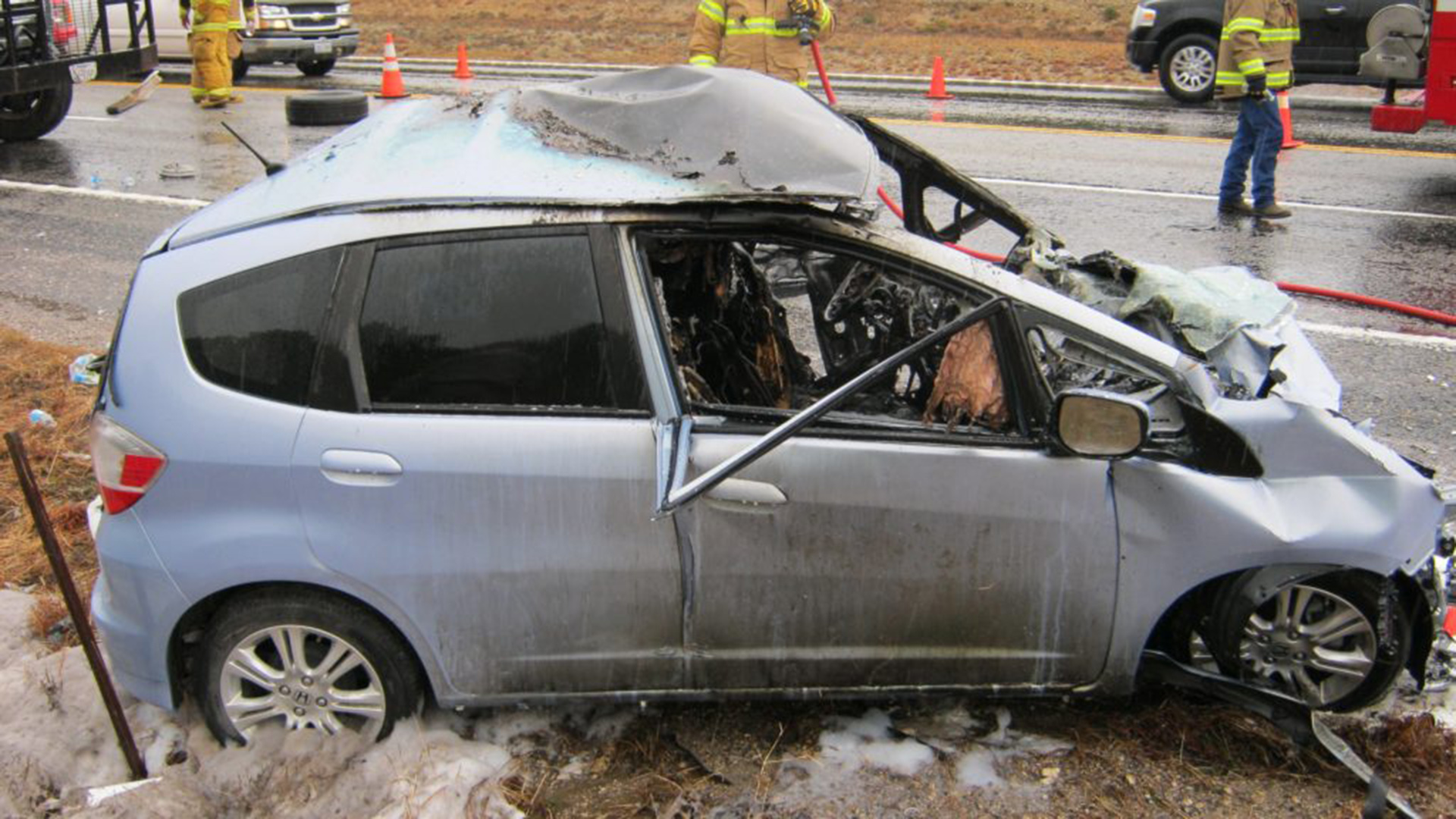

Allowing automakers to voluntarily comply with an agreement to equip most new vehicles with crash avoidance technology by 2022 is putting the lives of those who can’t afford luxury models at risk, according to a consumer advocacy group.
The Center for Auto Safety, which for years has urged automatic emergency braking (AEB) be required in all new vehicles, says a voluntary accord now in play lets the industry pick and choose which cars are equipped with the life-saving technology, “playing roulette with the lives of consumers who cannot afford safety as a luxury.”
Citing the 37,461 traffic deaths in the U.S. last year, the center slammed the U.S. Department of Transportation in a news release for touting the accord with 20 manufacturers.
The DOT’s National Highway Traffic Safety Administration and the Insurance Institute for Highway Safety on Thursday lauded steps taken by automakers to equip new U.S. vehicles with technology that experts say could halve the number of rear-end crashes.
In reporting on progress made, the NHTSA and the IIHS said that 4 of 20 automakers reported AEB is standard on more than half of their 2017 model year vehicles. Another five said more than 30 percent of their vehicles now have the technology.
Toyota reported equipping 56 percent of its 2017 fleet with AEB, while General Motors reported a respectable 20 percent. Honda then weighed in with 30 percent of its current model year vehicles being fitted with the equipment.
The technology is used in nearly all of Tesla’s 2017 Model S cars and Model X SUVs. Mercedes-Benz equipped 96 percent of its 2017 vehicles with standard AEB. 73 percent of 2017 Audi vehicles have AEB, followed by 68 percent of Volvos and 58 percent of BMWs. Just under half of Subaru’s 2017 vehicles have AEB.